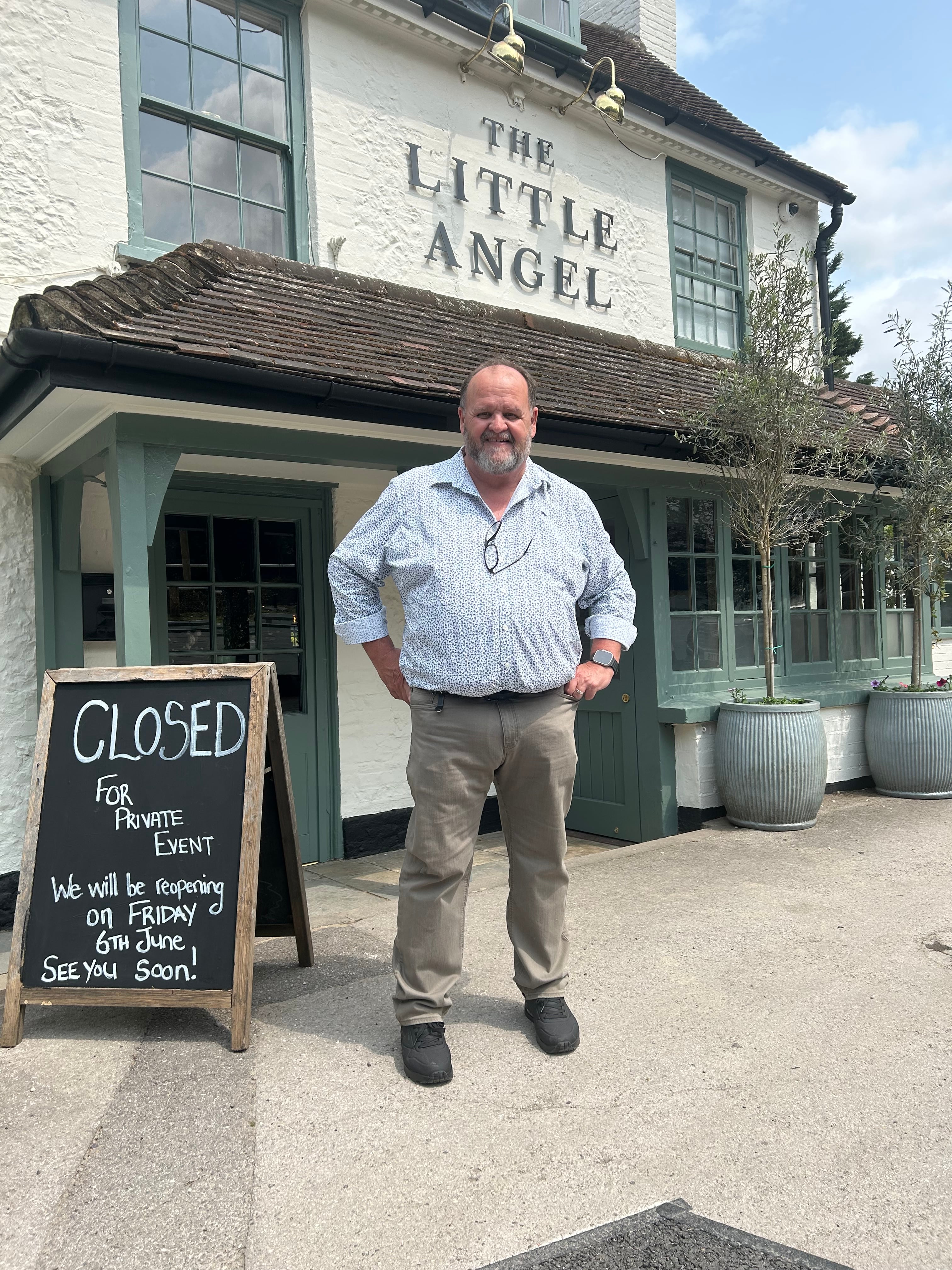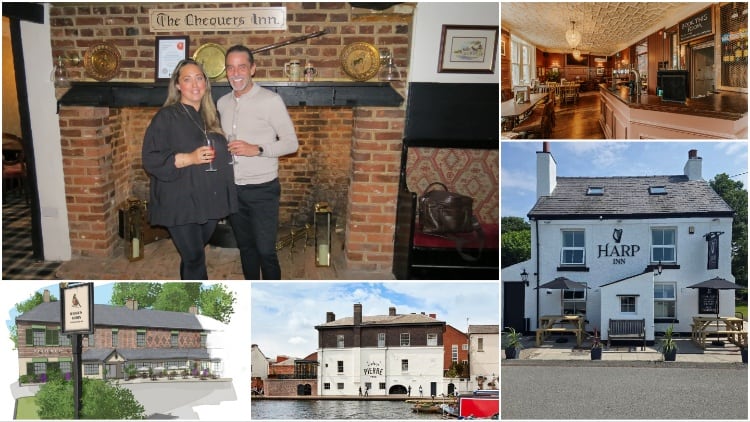Ted Docherty, originally from South Africa, has just opened the Little Angel in Remenham, Berkshire, his third pub with Henley-based pub operator Brakspear.
Docherty told The Morning Advertiser (The MA) he felt turnover-based models work for both operator and pub company.
Under the terms of the model rent payments can fluctuate for the licensee with their business performance, and they avoid paying high fixed rents during slower trading periods.
A model that works
He praised Brakspear for offering this type of agreement on some pubs with both the Little Angel and another of his pubs the Crown in Playhatch operating under the model. His third pub the White Hart in Nettlebed operates under a standard agreement.
“I have been preaching this for years and I don’t think there is a downside to it. In South Africa we work with them a lot. I have been here for 25 years and I’ve been pushing every person I know and all the pub companies I have dealt with. It’s a model that works.
“It also puts the brewery or the pub company a whole lot closer to your business because they have got the finger on the pulse of it because you’re sending them reports,” he said.
Right offer
As long as both parties can agree on what is fair in terms of Fair Maintainable Trade (FMT) then the relationship should be one that works “with no issues” he maintains.
Docherty added he decided to take on his third pub despite the challenges and costs in the current market.
“I’ve known the Little Angel for a long time and obviously I’ve been a Brakspear tenant for a long time. I think it’s an iconic pub.
“I thought that with the right offer it could be successful as long as Brakspear were willing to invest in the changes needed and they did,” he said.
On the current market for the pub sector, the multiple operator said he believed the turnover is there but that “the biggest challenge [pubs] have at the moment is converting it to profit.”
This comes as award-winning operator Tanya Williams, who recently left her St Austell pub, the Polgooth Inn in Cornwall, after 25 years in the industry told The MA “archaic” tenancy models needed “addressing”.




